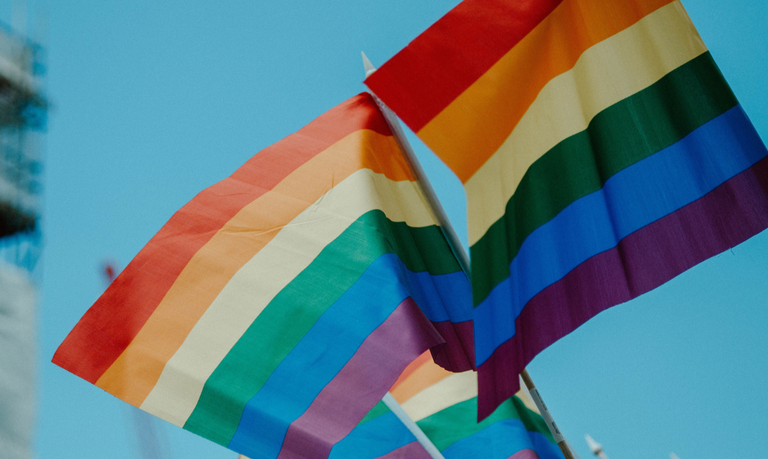Many LGBT+ people face regular prejudice and discrimination because of their sexual orientation and gender identity. This can impact people's ability to access jobs or housing, and can have a direct effect on everyday activities like education and employment – key factors in whether or not you have good health.
Prejudice – homophobia, biphobia and transphobia – can include harrassment, hate crime and violence. This can impact your personal safety, whether at work and in your local environment. Discriminiation of this kind has an impact on your mental and physical health.
The statistics show that mental health problems are more prevalent among LBGT+ people than the rest of the population. This is shown in higher rates of depression and anxiety, as well as drug or alcohol misuse and eating disorders.
Accessing services is not always easy. There can be a culture gap between the service provider and the LGBT+ community, and discrimination and a lack of knowledge can mean the LGBT+ community cannot access the services they require.
Social isolation, another known cause of poor health, is also an issue for many LGBT+ people. This became particularly apparent during the physical isolation caused by COVID lockdowns. As community spaces closed their doors, LGBT+ people were no longer able to access the supportive groups, events and networks that are crucial to many people’s wellbeing.

Stating the facts
- 24% of LGBT people surveyed in 2018 had accessed mental health services in the previous 12 months.
- LGBT young people are disproportionately represented in the young homeless population. As many as 24% of young homeless people are LGBT.
- Almost one in five LGBT people (18 per cent) who were looking for work said they were discriminated against because of their sexual orientation and/or gender identity while trying to get a job in the past year.
Our work with LGBT+ communities and health
We fund projects that work with LGBT+ people to address inequalities and improve their health and wellbeing. These range from activities helping LGBT+ people who may be isolated to build social connections, mental health one-to-one and group support, and campaigning work to influence change in the narrative around trans and gender diverse identities.
We know that discrimination based on sexuality is a key factor in poor physical and mental health amongst LGBT+ communities. People’s Health Trust uses its platform to speak out against discrimination such as transphobia and homophobia. People’s Health Trust has marched in many London Pride parades that have taken place, to show our commitment to ending discrimination against LGBT+ people and joined funded partner Rainbow Films in showcasing the parade and challenges the LGBT+ community continue to face.
We have been working with our LGBT+ youth groups to create a video to share on social media raising awareness of hate crime. The aims are to increase young people's confidence in reporting hate crimes, whilst also educating the wider community.” Georgia Crossland, The Centre Place, Nottinghamshire.
Georgia Crossland
The Centre Place, Nottinghamshire.


LGBTQ+ Youth Groups in Fenland
Organised by The Kite Trust, the project supports young members of the LGBTQ+ community around Fenland in Cambridgeshire.
The research on LGBT+ communities and health.
Government Equalities Office, National LGBT Survey Summary Report July 2018 (2018)
Lough Dennell, B.L., Anderson, G., and McDonnell, D. (2018). Life in Scotland for LGBT Young People. LGBT Youth Scotland.
Phillips C., British Medical Journal, How covid-19 has exacerbated LGBTQ+ health inequalities (2021)
Stonewall, LGBT in Britain: Work Report (2023)
Stonewall, LGBT in Britain: Home and Communities (2018)
Stonewall, LGBT in Britain: Trans Report (2018)
